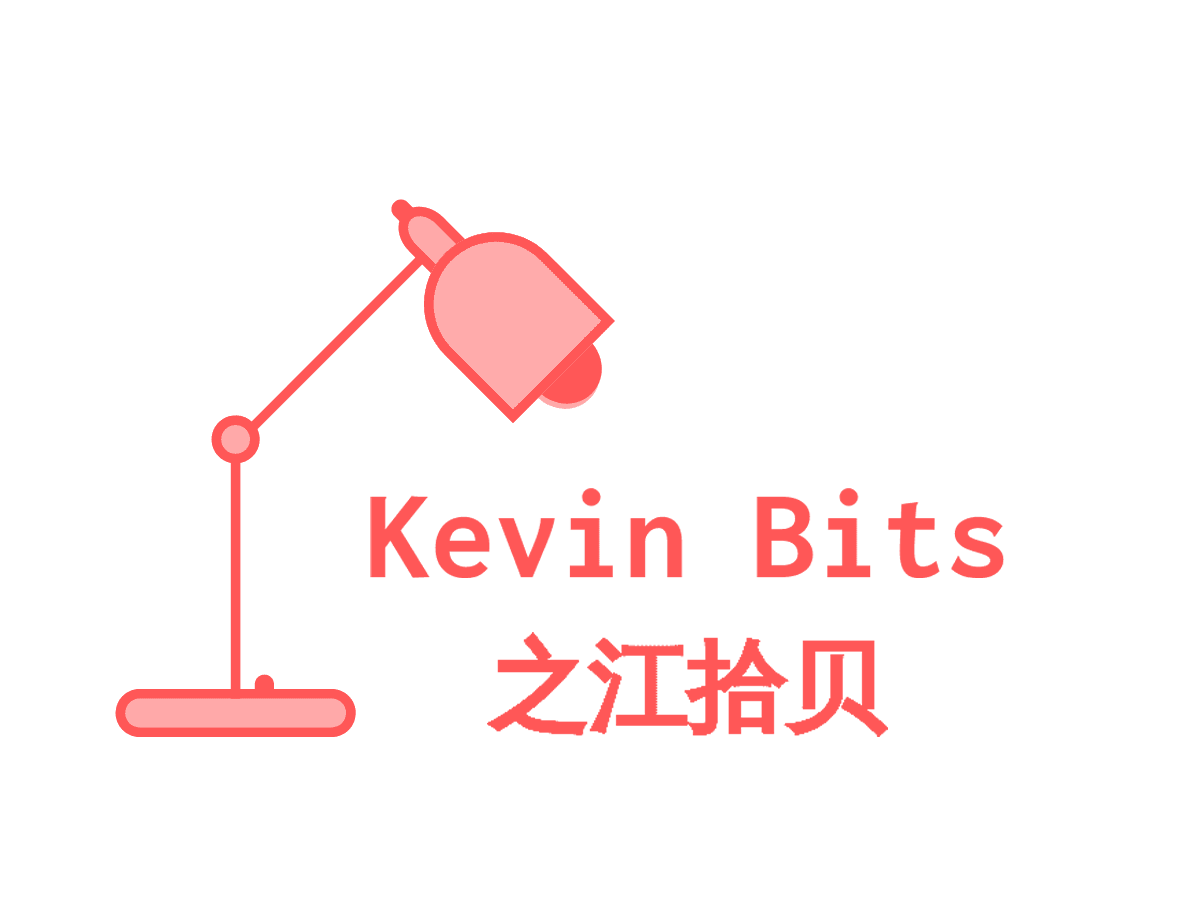The ECB stated in its monetary policy today that “(it) will soon start to purchase asset-backed securities”, and the support from the committee members were unanimous. The central bank is clear about the time frame and the size of the QE program but not clear on the target assets to purchase.
At the time dimension, “the programmes will last for at least two years”. On the scale dimension, the central bank said “these asset purchases will have a sizeable impact on our balance sheet, which is expected to move towards the dimensions it had at the beginning of 2012”. The total asset to be purchased will be about $1 trillion dollars. The bank’s statement is explicit that it will buy bonds from private sectors and the bonds issued by the national central banks in the euro zone, but not the government bonds FOR NOW.
The ECB is learning experience from the U. S. Fed, the Bank of Japan and the Central Bank of China. First, the ECB will conduct its program in several phases. Second, it will start with limited amount ($1 trillion dollars); and third, it will have specific target limited to the private sectors.
I think the initial size of $1 trillion is not enough based on my observations from the U. S. and the Bank of Japan. The QE program by the Fed was about 25% of GDP in the U. S. and the Bank of Japan’s stimulus is even higher than the U. S. in terms of percentage of GDP. When the ECB expands the size of asset purchase in the future, it will have to include government bond. Without including government bonds, it will be difficult for the ECB to find bonds to buy without significantly increasing risks. For now, the ECB needs more time to reach consensus at political levels to buy government bonds. Meantime some of euro zone governments need time for structural reform and austerity to justify more spending.
The euro zone economy has clearly slowed down since second quarter this year. The growth was merely 0.1% in Q2. The economic sanction with Russia will hurt the growth in the coming quarters. Inflation in the euro zone is far below the target. Recent report showed inflation just 0.4% versus target 2%. The slump in oil prices will further push down inflation. Both the economic and the inflation factors will leave the ECB with no option but more QE.
